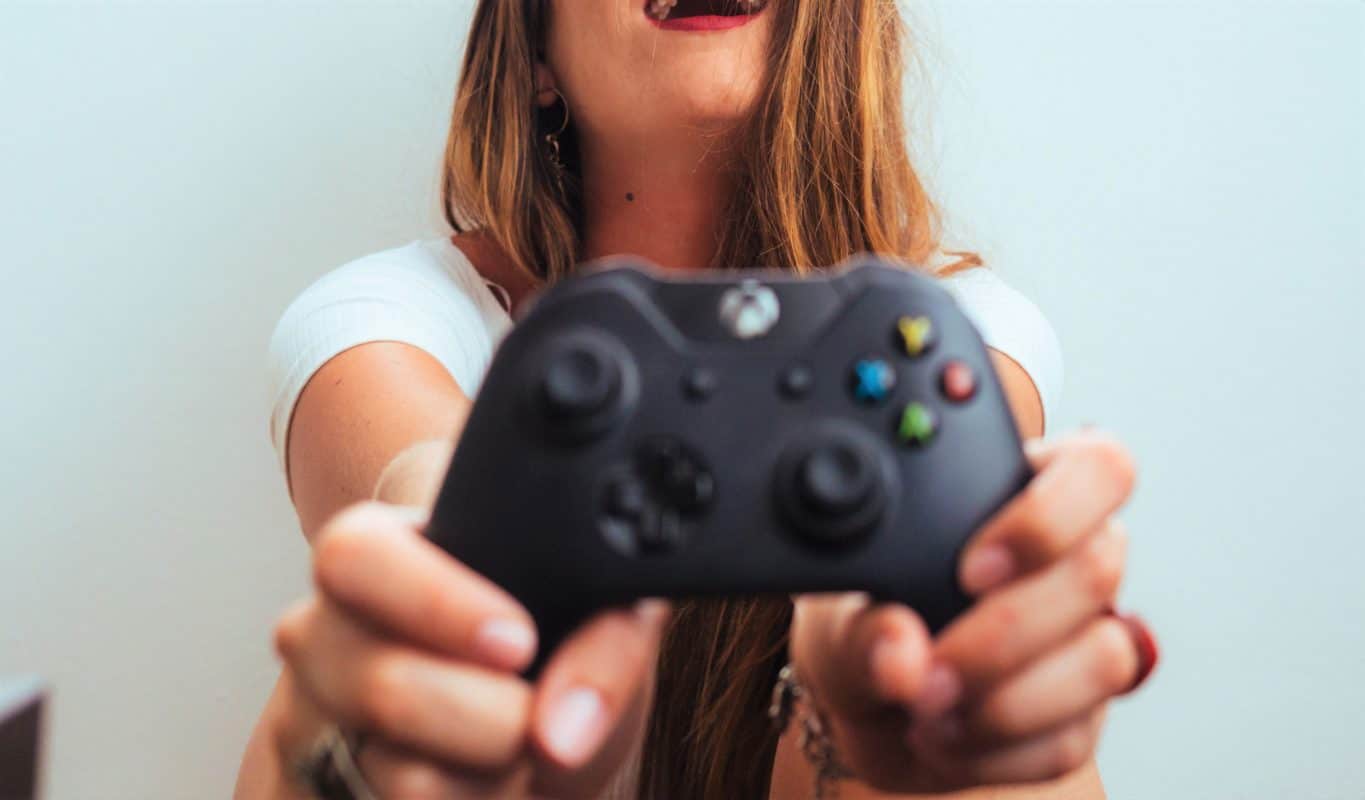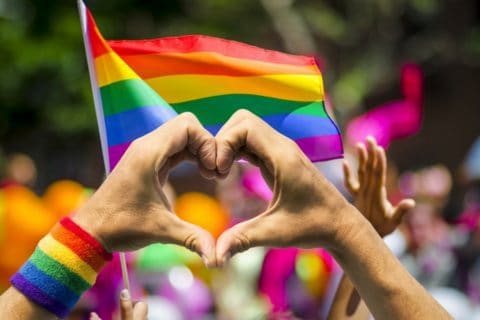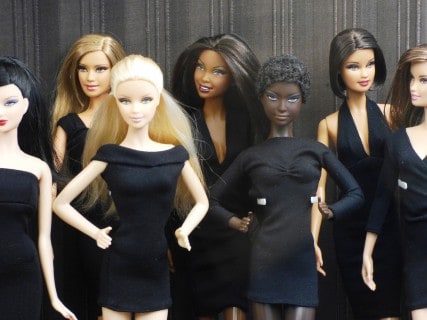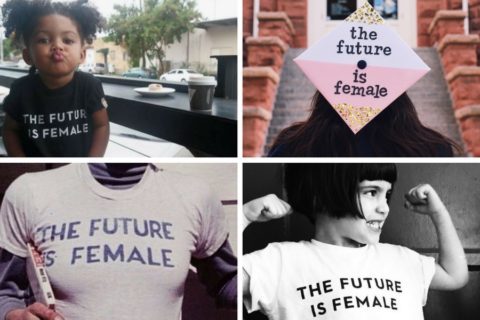Newsflash: Toxicity and Sexism in Gaming Needs to Stop

The video game industry has constantly made innovations from better graphics to new storytelling methods that suck the player into their world. What the industry isn’t known for is diversity and representation, but that’s all changing thanks to a few developers.
Unfortunately, the gaming community as a whole seems to dislike this idea. In fact, they really hate it. In May, Electronic Arts (EA) released a trailer for Battlefield V that featured women as the primary characters alongside men in World War II. Afterward, the company received backlash due to the “historical inaccuracy.” Is this sexism or do they actually have ground to stand on?
The Backlash History
Battlefield V isn’t really known for its breakthroughs. Up until now, I’ve ranked it along with Call of Duty – a new game has to come out every year so we can spend another $60. However, this year was different because of the heavy focus on women as playable characters. As a female gamer, this shocked me because the industry doesn’t have a history of featuring women in games. This goes double for games that are mostly dominated by men like the Battlefield, Call of Duty, and Destiny franchises.
What shocked me even more was the fact that the developers and game designers of Battlefield V received a ton of backlash regarding this choice. I did a little research and discovered this has been going on for weeks because the trailers debuted at the end of May. The Reddit community r/Battlefield has been flooded with debates, memes, and arguments about the historical accuracy of Battlefield V because women are involved.
The situation is becoming increasingly volatile, and moderators are attempting to put out fires before they start. So, a new rule has been created in the Reddit forum. Moderators posted, “We’re done. It’s over. New Rule: No more bitching about historical accuracy, it’s a game, not a history book. Violations will have consequences.”
This seems to have momentarily snuffed out the hatred, but will it stop the toxicity within the game when it releases? Doubtful. It’s a huge sign of a growing problem in gaming: toxicity.
Toxicity in Gaming
Toxicity has always existed in gaming, and it’s a significant issue for everyone. No one wants to play a game and hear harassment from other players. Toxicity can become threatening, violent, and often crosses lines that rarely happen outside of the game. It isn’t rare for a player to tell another, “Go kill yourself,” simply because they made a mistake.
Overall, toxicity is getting increasingly worse and developers are having a hard time combating the massive amount of hatred. While it’s horrible for everyone, women are often one of the prime subjects of this abuse.
I play games almost every day, and I always use a microphone to communicate with my team members. I don’t hear toxicity every day, but I do hear it often. It happens far more to me than my male friends and partner (whom I play with 90% of the time). The harassment toward me vs. my male friends is something I’ve kept an eye on, and it’s to the point where I don’t speak anymore because I feel unwelcome as a woman and a gamer.
Simple Solutions for Toxicity
I decided to investigate to see if others are receiving some of the same pressure. Naturally, I found several articles, books, and testimonials of women who have had the same issue. Of course, people hop into the comments and are willing to offer suggestions on how to stop the abuse.
The most common is “don’t speak” or “don’t join team chat.” This suggestion is ridiculous, particularly for games that require team cooperation (which is most games). I play a game called Overwatch that requires you to communicate with your other team members. By not doing so, you’re more likely to lose, and you’re also more likely to receive toxic messages by not communicating with your team. It can be hard to speak because the community is incredibly toxic, but it’s even harder not to speak and accept the loss.
Another suggestion is to play with friends. Where do you get those friends? By playing games and talking to people. So, if you don’t communicate, it can be challenging to get friends that also play the same game. Sure, you can ask your friends that you see every day in person, but that can be pretty tough considering they may not play that game, use that system, or play at the same level or rank as you.
Finally, “don’t play the game.” You’re right. I should limit what games I play based on how positively the community responds to me as a woman. That really sounds like I get to play one-player games for the rest of my life, which sucks because some of the most popular games are multiplayer.
What can you do? My suggestion is to speak up for yourself, but that doesn’t always work. I’ve spoken up for myself several times, and while this occasionally goes well, it almost always goes badly. It riles up the toxicity and may even make more people speak up. One of the only things I’ve noticed that worked (more often than not) is having a GUY speak up and defend you.
I am not a damsel in distress. I shouldn’t need a man to have someone listen to my words when I ask them to stop harassing me, but unfortunately I do. It’s dehumanizing.
Game Developer Responses
Let’s get back to Battlefield V. For ages, I’ve been waiting for game developers to say or do something about this toxicity, but I haven’t seen anything happen until now. An interview with the EAs chief creative officer, Patrick Soderlund, addressed this toxicity. He didn’t beat around the bush, and it was refreshing. He stated in the interview, “These are people who are uneducated – they don’t understand that this is a plausible scenario…we don’t take any flak. We stand up for the cause because I think those people who don’t understand it, well, you have two choices: either accept it or don’t buy the game. I’m fine with either or. It’s just not okay.”
Wow. Buy it or don’t – coming from the chief creative officer. For once, I felt like a gaming industry had my back. Having women in Battlefield was something that the development team really pushed. Women need representation like everyone else out there, and they recognized this.
Women in WWII
I want to take this time to discuss the “historical accuracy” argument that many are bringing up in the forums (and elsewhere). Soderlund hit the nail right on the head – they’re uneducated. Women played a huge role in WWII. First of all, they took the jobs that men left at home, which kept the country going. Second, nearly 350,000 American women alone served in the war during WWII. But I want to take a look at a few women in particular who represent the role of women in the war.
The first is Nancy Wake. She was a journalist born in New Zealand and raised in Australia. During the war, she went to work for the French resistance, hiding and smuggling men out of France as well as supplies and faked documents. Sadly, she was captured by Nazis and interrogated, but she remained strong and didn’t give away any secrets. Wake managed to escape and was picked up by a British intelligence agency. After training, she was airdropped back into France as a spy where she killed Nazis, blew up buildings with French guerrilla fighters, and even killed an SS sentry with her bare hands. She was awarded the George Medal from the British, the Medal of Freedom from the U.S., and the Médaille de la Résistance and three Croix de Guerre from France.
Susan Travers is the next and sounds like a real-life Wonder Woman. Travers was working in Libya, where her unit was besieged by Rommel’s Afrika Korps, but she refused to leave with the rest of the women. She hid in sand pits for 15 days until the unit decided to escape during the night. The enemy noticed, and Travers drove at breakneck speeds under machine gun fire to break through enemy lines. She then led 2,500 troops to an Allied encampment hours later. She was awarded the Légion d’honneur, Croix de Guerre and Médaille Militaire.
Lyudmila Pavlichenko is probably my favorite story. Before she joined the Soviet Army as a young girl, she was already a sharpshooter. She was sent to the front during the war and gained an incredible world record. All in all, she had 309 confirmed kills, including 36 enemy snipers by 1942. Pavlichenko was wounded by a mortar afterward and was pulled from the front and was awarded the title Hero of the Soviet Union.
There are tons of stories like these, including groups of women who did things most of us can’t even imagine. To say that women weren’t a part of WWII is ignorant. They were an integral part and deserve to be in a game set during this era. Why are these stories not more widely known?
Toxicity in the Future
The reality of the situation is that all of this stems from sexism women experience on a day-to-day basis. Many guys feel comfortable saying and doing what they want when they’re hidden behind the anonymity of a gamertag. The only way we’re going to stop toxicity in gaming is by taking steps toward equality in real life.
In the meantime, developers can follow EA’s lead. Make it clear that this kind of behavior is not acceptable. It’s not okay to treat anyone horribly in a game because they’re a woman. Developers should offer harsher punishments, in-game monitoring, and take action with audio/video recording that displays harassment. This isn’t difficult to implement and will greatly improve the game for women – and all players alike.
As an individual, if you hear someone being harassed, speak up. Let them know that their behavior is not alright or tolerated. If you’re being harassed, mute the person and report them via the game’s suggested method. Make your voice heard; that’s what it takes to stop toxicity.
Last modified on July 16th, 2018










Show Comments +